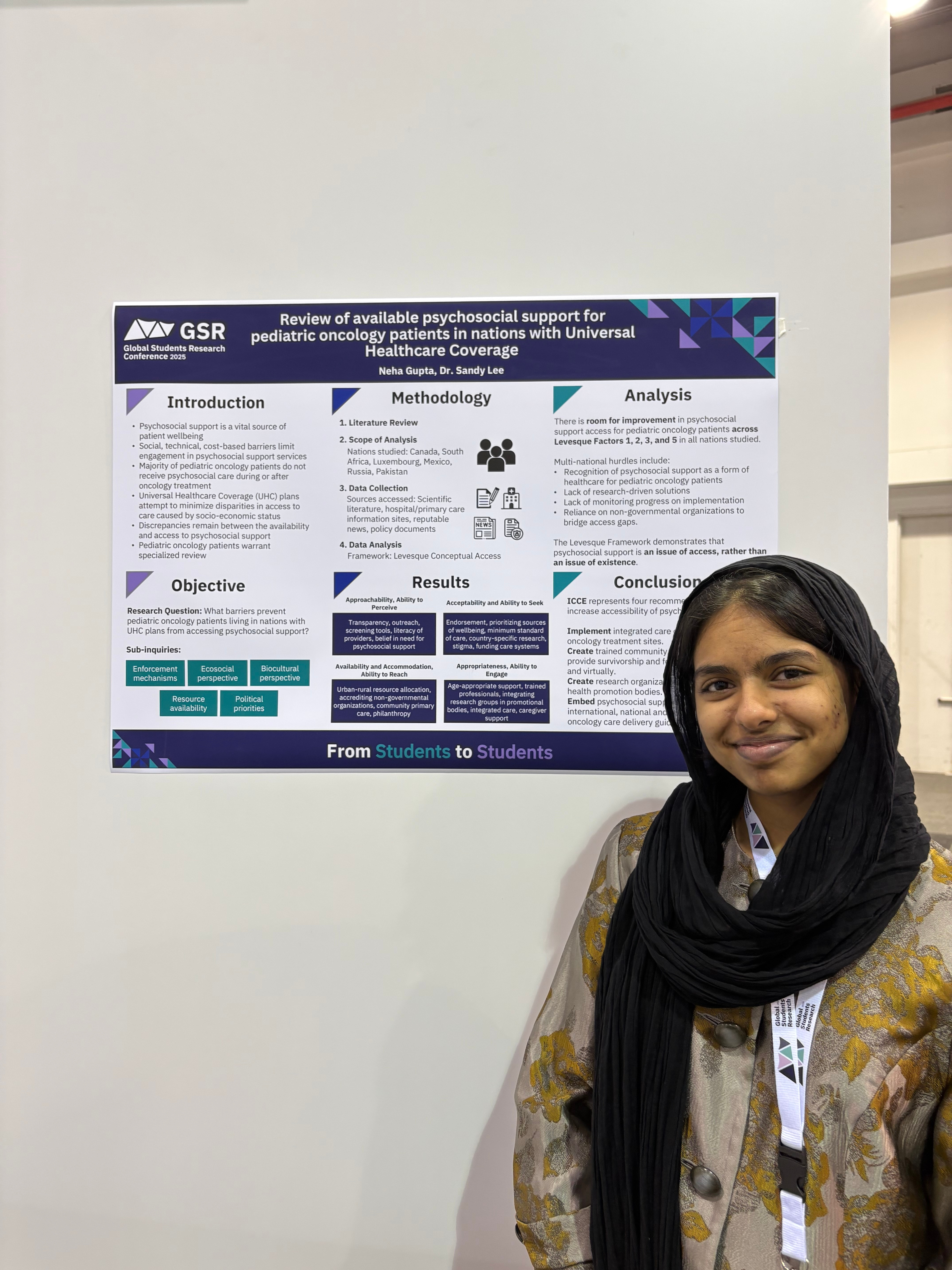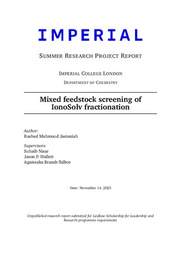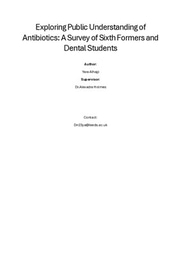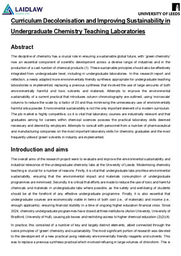More than a plane ride
Last week, I travelled to Dammam, Saudi Arabia to present my Summer I Research Project at the 2025 Global Student’s Research Conference.
Now, I know how posts like this are supposed to go. I share about how grateful I am for this experience, how I faced my fears and give my thanks to the people who made it happen. I want to use this post, however, to share some insights around culture I learned from this trip.
Last month, the focus of our UofT Laidlaw Scholars leadership training was cultural fluency. Our cohort was directed to take an assessment tool which would tell us how culturally fluent we were as well as share steps about how to become more globally-aware citizens. When I received my cultural fluency score, the score was so low that I jokingly told my fellow scholars “wow, I’m really not a great person!”
While I tried to take it lightheartedly, deep down I felt disappointed and ashamed. I’m the daughter of immigrants, after all! I’ve both heard and seen their struggles as newcomers adjusting to an entirely new country. I’ve built my identity as a human rights advocate by reading culturally-sensitive scholarship, watching a variety of news channels and making room for multiple voices. I’ve planned for my career to be based on “fighting for the little guy”, or communities who aren’t given a voice. My positionality necessitates that I be more aware of other cultures than the tool reported I have.
This trip to Dammam represented the perfect challenge for me to grow my cultural awareness.
Leading up to the trip, my family and I consulted many sources to learn the proper clothing, behaviors and habits in Saudi Arabia. This was one of the most enjoyable unassigned pre-readings I’ve done during my university career; it was like boarding a plane from the comfort of my room. Though I’d encounter conflicting, drastic and outdated information, this research painted for me a preliminary picture of what practises I should be aware of and respect.
As my days in Dammam went by, it became even more apparent to me that my pre-reading wasn’t all that accurate. There were many practises I observed that I hadn’t read about, and some descriptions I only understood after I saw them with my own eyes. I was thankful for these countless opportunities to clarify my understanding of Saudi culture. Being open to correcting my understanding gave me more time to learn about the “why” rather than the “what”.
The chance to converse (this should be read as quote unquote “converse”, as I don’t speak Arabic) with locals and observe the lifestyle turned me into an anthropologist carrying out an ethnography. Every new street, conversation and experience, I felt like a water-starved sponge in a rich ocean who wanted to pull out a notebook and write everything down. The experiences weren’t just experiences, but insights.
Having spent my daytimes learning about Saudi culture, I’d return to my hotel to start thinking about my own culture. My “dual membership” as someone who appears Indian but talks, sounds, acts, dresses and behaves like a Canadian is something I’ve struggled to reconcile for years. My trip helped me conclude that culture can be a choice. With countless influences that surround us and practises we are exposed to, you can choose to behave in whichever way you’d like. Culture is also flexible and forgiving; you don’t know a culture by knowing it’s holy days, traditional clothing or foods but rather understanding the ideas that form the undercurrents to such practises. These findings helped explain to me why I had so much to learn after scouring the internet about Saudi Arabian culture, and why I felt that disconnect between my Indian and Canadian heritage: it was the gap between hearing and experiencing.
The friends I made, experiences I had, scholars I spoke to and sights I saw formed all contributed to giving me an unforgettable experience. It was my first time feeling like a complete outsider in a new place; unlike a feeling of unwelcomeness I assumed it may impart, it instead gave me a “beginners mindset” and stronger urge to learn. It was, in every sense of the phrase, a once-in-a-lifetime experience.
To make this your traditional conference post, I’d to extend my gratitude to the Laidlaw Program at UofT and You Jia Lee, UofT’s Laidlaw Coordinator, for encouraging me to take this opportunity. I’m also grateful to the Global Students Research Conference organizers for their financial support to attend; without it, I wouldn’t have had this experience. To my mummy papa and didi: thank you for staying awake until I boarded the plane safely, your FaceTime calls and pushing me to continue trying new things. Lastly, thank you to Dammam. Thanks to you, I feel a sense of "home" to a place half way across the world. I cannot wait to come back.

In front of my poster at GSR 2025!





Please sign in
If you are a registered user on Laidlaw Scholars Network, please sign in
So proud of you, Neha!!